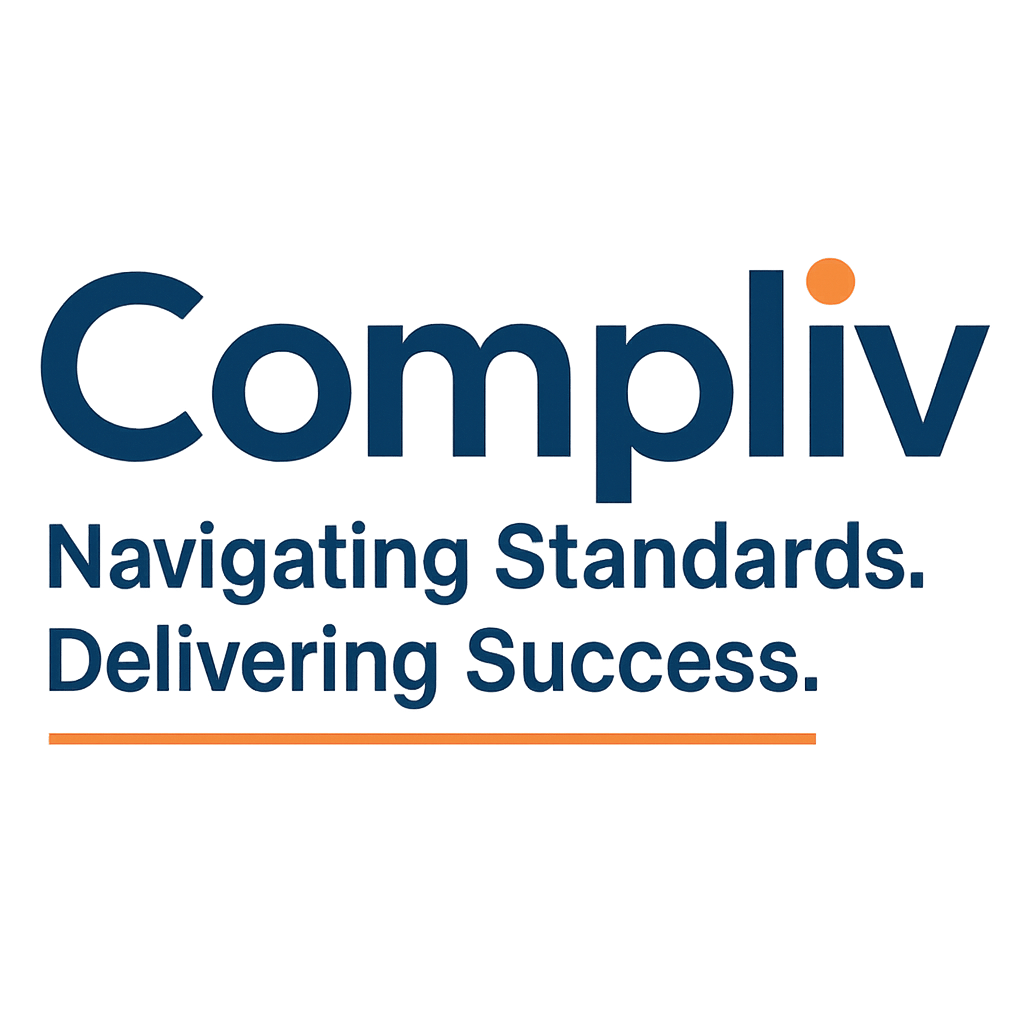.png)
EPR Battery Waste refers to the Extended Producer Responsibility framework that makes manufacturers, importers, and brand owners accountable for the collection, recycling, and eco-friendly disposal of used batteries. It ensures proper management of hazardous battery waste, promotes recycling, and supports sustainable development. This compliance reduces environmental risks while helping businesses meet their legal obligations.
What is EPR Battery Waste?
EPR Battery Waste, introduced under India’s Battery Waste Management Rules, 2022, is a legal mandate requiring producers and importers of batteries to take responsibility for end-of-life collection and recycling. The regulation covers all types of batteries, including portable, automotive, and industrial. Businesses must register with CPCB, fulfill recycling targets, and submit compliance reports. This initiative helps reduce toxic pollution caused by harmful metals in batteries, supports a circular economy, and ensures that waste is managed in an environmentally responsible manner.
Who Can Apply for EPR Battery Waste?
- Battery Manufacturers
- Battery Importers
- Brand Owners of Battery-Operated Products
- Battery Assemblers & Distributors
- Online Marketplaces selling batteries or battery-based devices
List of Documents Required for EPR Battery Waste Application
- Company PAN Card & GST Certificate
- Certificate of Incorporation/Business Registration
- Authorized Signatory’s ID & Address Proof
- Import Export Code (for importers)
- Product Details (battery category, type, and chemistry)
- Undertaking of Compliance with CPCB rules
- Agreement/MoU with Authorized Recycler (if applicable)
Process to Apply for EPR Battery Waste
- Register on CPCB Portal – Create an account on the Central Pollution Control Board’s EPR portal.
- Submit Application – Upload company details, product specifications, and required documents.
- Application Review – CPCB verifies all documents and compliance plans.
- Grant of EPR Certificate – On approval, CPCB issues authorization with specific recycling targets.
- Compliance & Reporting – Producers must meet collection targets and file annual returns to CPCB.
Products Covered in EPR Battery Waste
- Portable Batteries (AA, AAA, button cells, etc.)
- Automotive Batteries (lead-acid, lithium-ion, etc.)
- Industrial Batteries (used in IT, telecom, power backup, etc.)
- Battery Packs in electronics, electric vehicles, and consumer devices
Timeline
- Application Review & Approval: 30–60 days (based on CPCB processing)
- EPR Certificate Validity: Up to 5 years (subject to compliance)
- Annual Reporting: Mandatory every financial year
